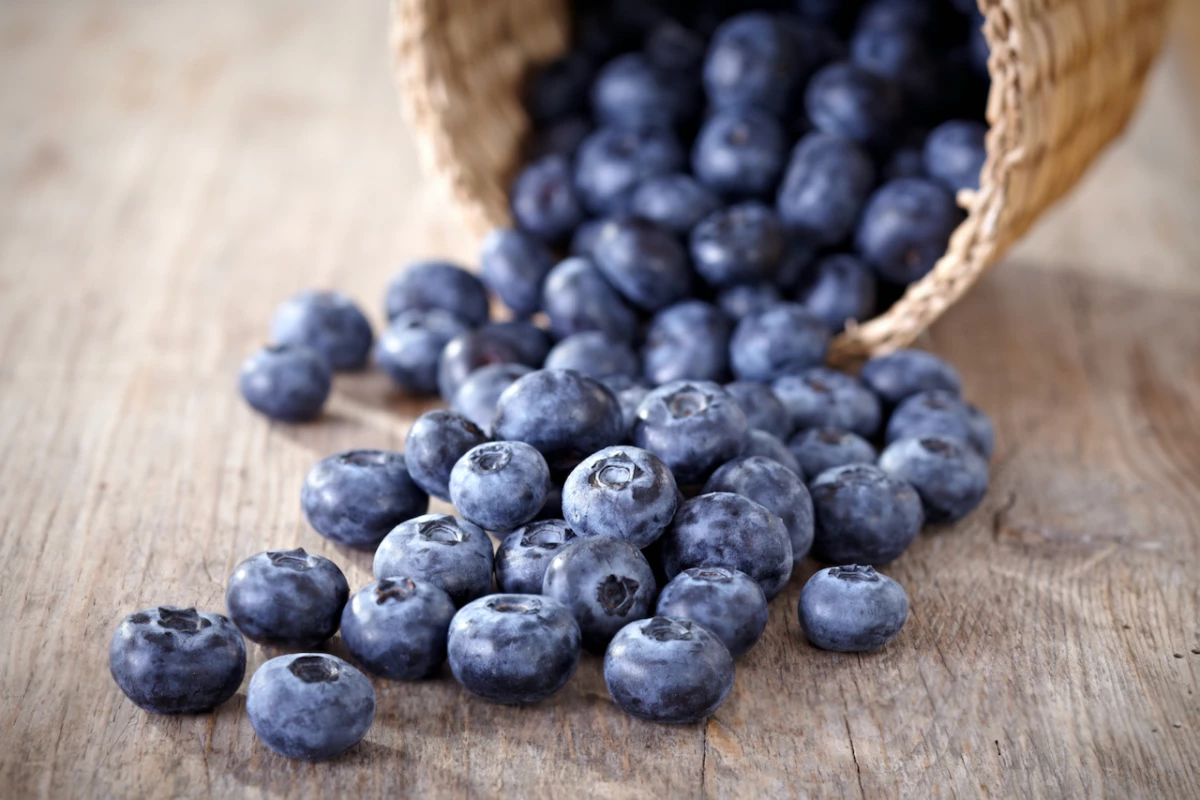For some time now, blueberries have been claimed to slow the progression of memory loss. A new study now suggests that compounds found in the berries may also help heal chronic wounds such as diabetes-related skin pressure ulcers.
In order for a wound to heal, blood vessels need to grow into it. That growth process, which supplies the injured tissue with much-needed nutrients carried in the blood, is known as vascularization.
Unfortunately, little vascularization takes place in the pressure ulcers which often form on the feet or other body parts of people with diabetes. As a result, those injuries are very slow to heal, sometimes developing infections that may lead to amputations or even death.
That's where the blueberries could possibly come in … or more specifically, antioxidants which are found in blueberries, called phenols. In a past study conducted by scientists from the University of Maine, it was observed that blueberry-derived phenols boosted vascularization and cell migration in human umbilical cord cells.
Drawing on those findings, a U Maine team led by Dr. Dorothy Klimis-Zacas more recently set about treating skin wounds on rats, using a topical gel containing a wild blueberry phenolic extract.
Compared to a control group of rats which received no treatment, the phenol group showed a 12-percent increase in wound closure after six days of treatment, along with better migration of endothelial cells to the wound site. Endothelial cells line the walls of blood vessels, and they regulate the exchange of compounds between the bloodstream and surrounding tissues.
"Wild blueberries have the potential to enhance cell migration, new blood vessel formation (angiogenesis) and vascularization and to speed up wound closure," said Tolu Esther Adekeye, first author of the study. "This is especially important in conditions that require enhanced wound closure in patients with chronic wounds such as diabetic wounds, burns and pressure ulcers."
The research is being presented this week in Philadelphia, at the Experimental Biology 2022 conference.
Source: Experimental Biology via EurekAlert




